Montreal and the Poetic Self
This week on HowlRound, we look at the city of Montreal through the lens of several artists who navigate its theatre scene. This series not only explores the dynamics of Montreal’s English and French theatres, but also takes a look at the work being done towards gender parity, and diversity and inclusion. The island metaphor fits Montreal like a glove. Only in a place that is floating, that is somewhat disconnected to the horizon, a mind can watch, a heart can breathe, and an eye wonders. Art and theatre thrive on such turf. Writers, a curious breed, find it their natural environment. The island sings for you, lulls you for a while, and lets you leave when it’s time to reach the shore again.—Arianna Bardesono, series curator
People often ask me, “Why did you move to Montreal?”
It’s a fair question. I’m originally from Toronto, where I cut my teeth on the English theatre scene. It’s a vibrant city with plenty of theatres of varying sizes. You can easily see five plays a week there and barely scratch the surface. I left Toronto for Europe in my mid-30s. I’d had some success as a playwright, and also wrote a memoir about my experiences in Israel and Palestine and I needed to see more of the world. I also was having my plays done in Germany. These interpretations excited and challenged my own theatrical sensibility and spoke more to my own sense of theatre as poetry and political force—something I felt the more conservative style of theatre in Toronto didn’t embrace. A residency in Stuttgart, Germany brought me over to Europe and I almost didn’t leave. I lived in Budapest, Vilnius, Warsaw, and Berlin, between 2006-2012.
All writers are outsiders. We need that distance: to watch, to listen, to pay attention to the cultural and political nuances of our times. But Montreal gives me the feeling of being an outsider among outsiders.
In 2012, I was invited by Brian Drader, former head of the playwriting department, to be a playwright in residence at the National Theatre School of Canada. During the residency we got along well, and he suggested I teach a course in writing. I came thinking I’d stay for six months, then go back to Berlin. I haven’t left.
Montreal is a beautiful city. For a Canadian writer of Jewish background, it’s a kind of creative Jerusalem. Leonard Cohen, Irving Layton, A.M. Klein, and many other Jewish poets were the focal point of the English language-writing scene of the 1950s and 60s. I started my writing life as a poet; these writers were the heroes of my early twenties. I still write poetry, and feel the pull whenever I’m in Montreal to a more poetic version of myself.
While many Anglophones left Montreal in the 70s and 80s in response to the separatist movement’s call for sovereignty (including the October crisis and two later referendums), there remains a small but thriving community of English writers in Montreal, mostly poets and novelists. There is a strong contingent of English-language playwrights, many of whom find occasion to meet and share their work at Playwrights Workshop Montreal, a new play development center on Saint Laurent. There are also some really innovative theatre performers/creators, including Nadia Ross and Jacob Wren, both well-known in Europe, much less so in Canada.
Everyone has a story for how they’ve ended up in Montreal. But the reason many of us stay is practical: Montreal is still a cheap city. It’s one of the last inexpensive urban centres in North America. As prices for housing grow in leaps and bounds in Toronto and Vancouver, we gather in Montreal to write, to incubate. It’s also a city that seems to privilege art over employment. That’s one way of saying it’s hard to find a job here if you only speak English. But it’s also true that the quality of life in Montreal—of spending days and nights in cafes, reading and writing—is part of the routine. It’s expected of you. It’s a good place to be an artist.
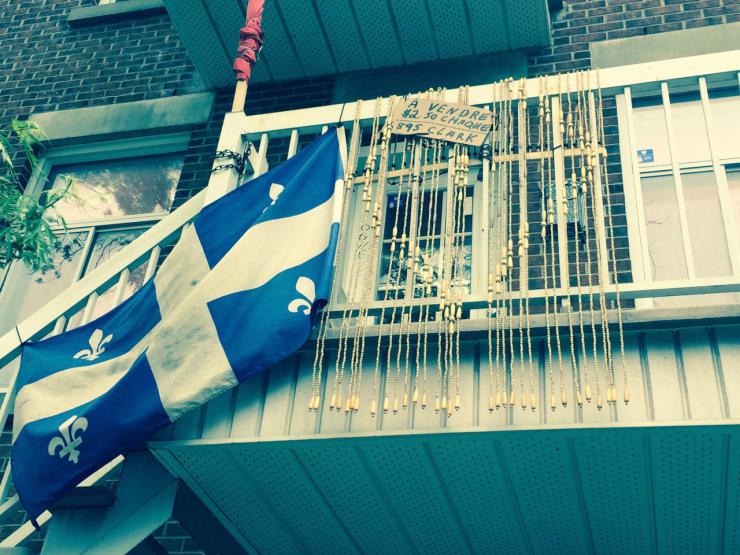
I live in the Italian part of Montreal, in an old, unrenovated building with sunken floors and a man named Sylvain who waves a Communist flag from his balcony. Every day—summer or winter—Sylvain sits on his stairs and yells to anyone who will listen, “Vive le Communisme!” Next to him lives a man known as the Italian Elvis (rumour has it he has a special song and dance routine that he unveils at certain times in certain states of mind). Often he can be seen muttering to himself on the street corner, a giant gold cross dangling from his neck. When I pass him on my way to my afternoon coffee, Italian Elvis will offer me some pearl of wisdom, like, “Live for today,” or, “You never know what will happen around the corner.” And I turn the corner, usually encountering nothing too unusual for a writer likes routine. I like Café Italia or San Simeon, where I take my pages and mull over yesterday’s words over a machiatto.
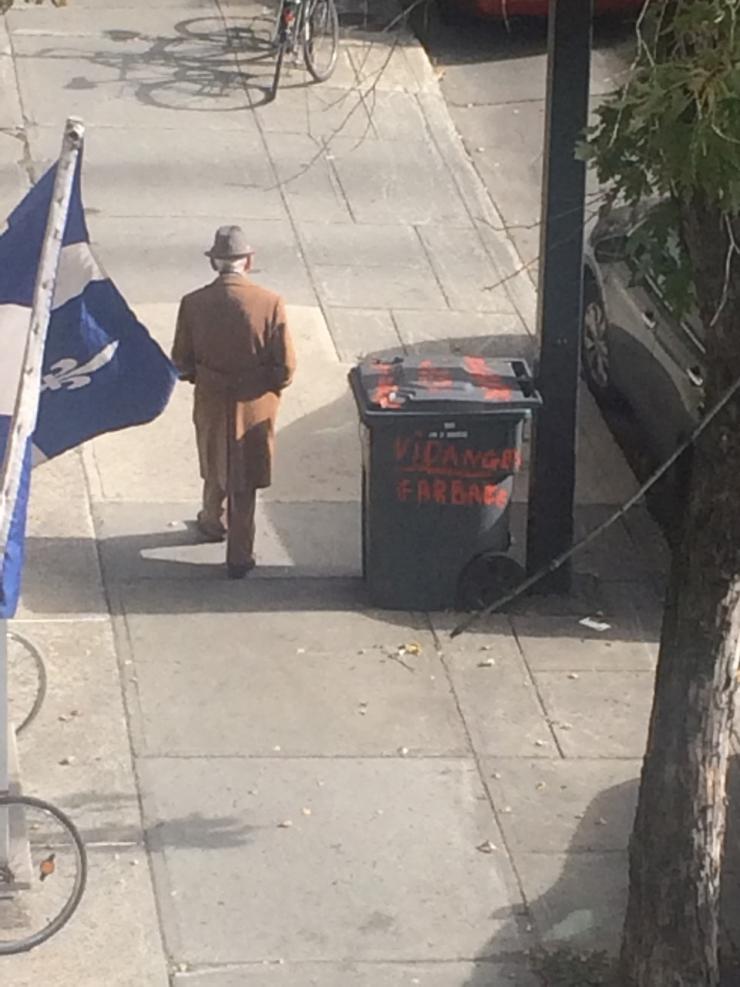
When I’m not in cafes or walking or reading (Montreal, to me, is a great city for both walking and reading, uninterrupted afternoons of thick novels or Zizek), I go to the theatre. The great work being done here is in French. And there’s a wealth of it: La Licorne, Theatre Aujourd’hui, La Chappelle, Usine C: these are but a few of the French theatres that showcase the works of Quebecois theatre artists including Marie Brassard, Francois Archambault, Angela Konrad, and Olivier Choiniere. The dance scene is vibrant and international. Every year the Festival Trans Amerique—from late May to mid-June—brings together an incredible, cutting-edge theatre from all over the world, work you don’t get to see in other North American cities. Work from directors like Castellucci, Ostermeir, and LePage frequently grace these stages. The more alternative and local OFFTA plays at the same time in smaller venues across the city. It’s an inspiring time to be here.
There is a visual and poetic aesthetic to Quebec theatre that is both exciting and expansive. Audiences expect it. I’ve learned a lot from Quebec writers like Larry Tremblay, Michel Marc Bouchard, and Sarah Berthiaume. One of my plays was translated into French and given a public reading—it was a wonderful event with various French speaking actors from Algeria and Morocco, something not often seen on the primarily white stages of Quebec—but at the end of the day I was reminded of my place here: an outsider. I’ll never be Quebecois, no matter how strong my French becomes. And, more importantly, I don’t write in French. It’s not my skin. Mordecai Richler, the great Jewish-Anglo Montreal novelist, was incensed by what he perceived as cultural xenophobia. While I admire and learn from the culture, I know I don’t belong in it.
All writers are outsiders. We need that distance: to watch, to listen, to pay attention to the cultural and political nuances of our times. But Montreal gives me the feeling of being an outsider among outsiders. It is a blessing and a curse.
I feel the challenge mostly as a playwright. I feel disconnected from my practice—my workshops and productions are elsewhere. Teaching at the National Theatre School of Canada—an incredible conservatory oasis in the heart of Montreal—is a wonderful, restorative place. But it isn’t where my plays are done; it’s where I teach and earn a living. I have the feeling, sometimes, that I haven’t arrived.
Which means, also, that I feel I will leave. This is another symptom of the Anglo playwright and artist in Montreal: work is scarce, opportunities few, English audiences small and difficult to attract. This loneliness might make for good poetry. The isolation gives an interesting vantage point onto the world. But theatre, as we know, is an exercise in public performance and connection. And now, as the city experiences its first waves of gentrification—people have caught on to Montreal’s secrets and hipster charms—one wonders how long this sanctuary will last.

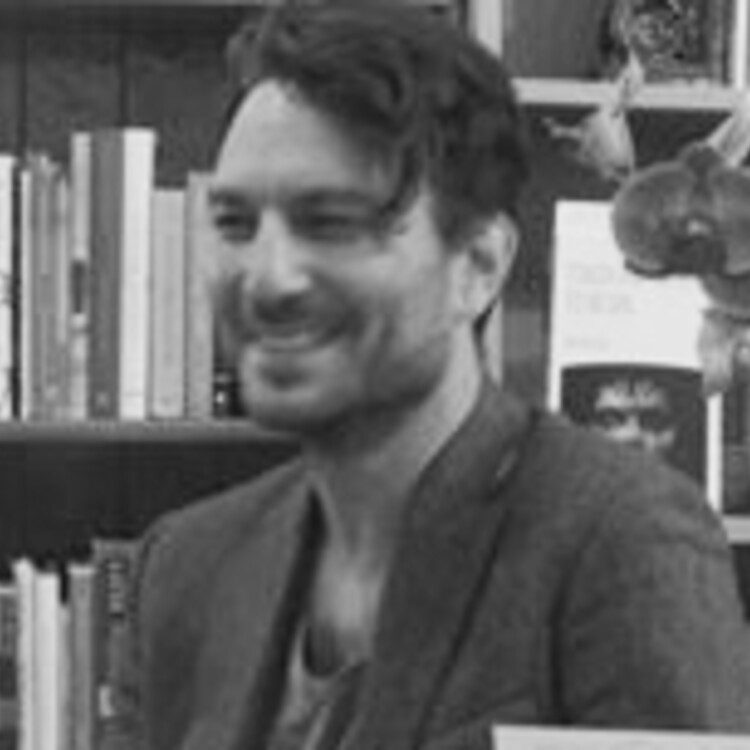
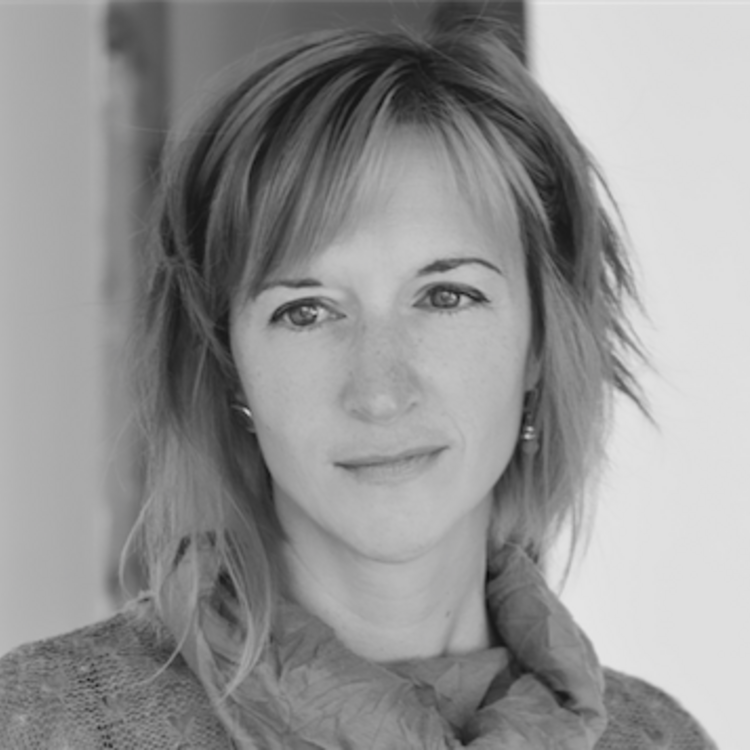
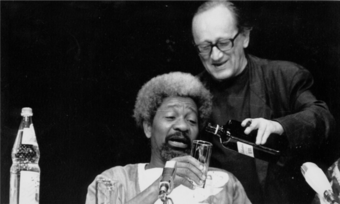

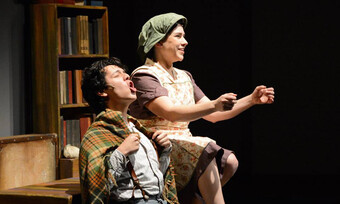

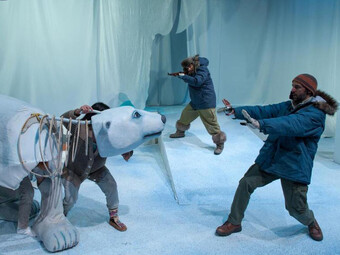


Comments
The article is just the start of the conversation—we want to know what you think about this subject, too! HowlRound is a space for knowledge-sharing, and we welcome spirited, thoughtful, and on-topic dialogue. Find our full comments policy here
Michael Marc Bouchard? Is this a typo? an auto-correction?
Thanks for pointing it out Elaine - it was an auto-correction. Michel indeed!